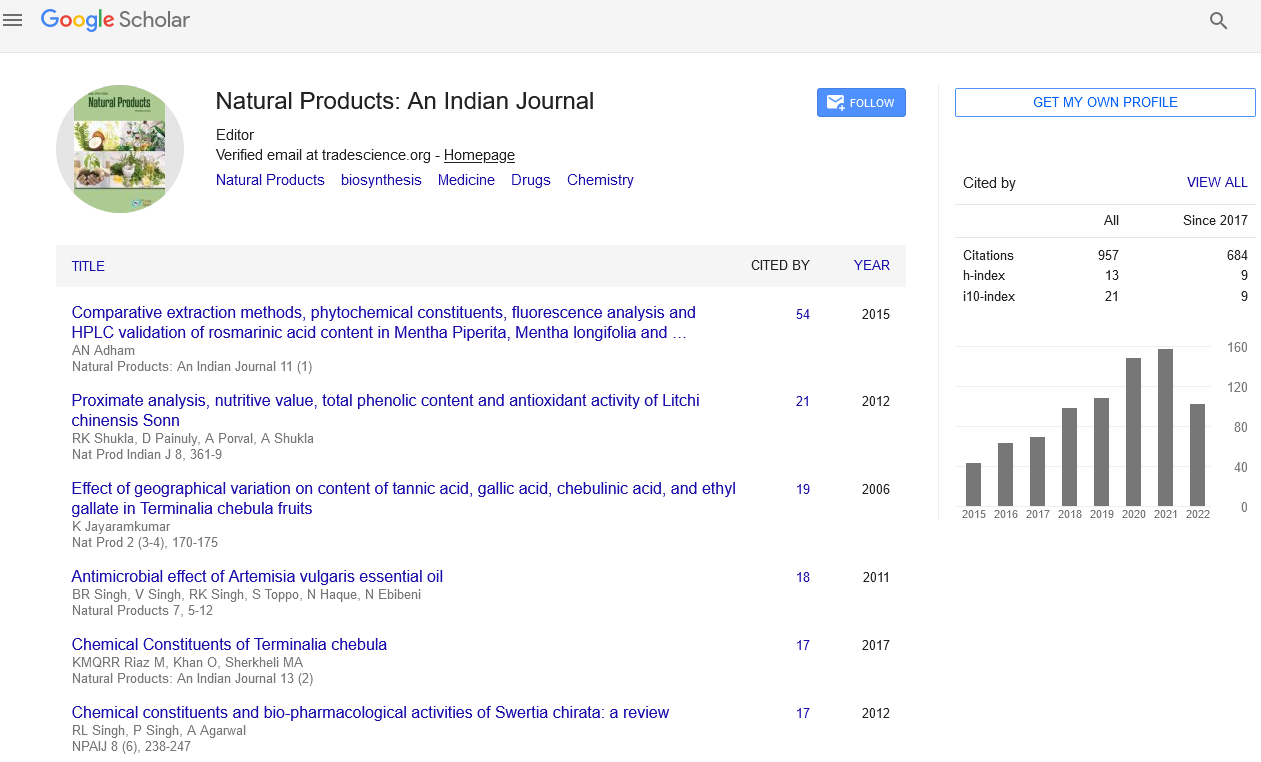Short communication
, Volume: 18( 1)Impact of Nutritional education on obesity and their correlates- A longitudinal study among medical students of India
- *Correspondence:
- M. Athar Ansari
Department of Community Medicine, J.N. Medical College, Aligarh Muslim University, Aligarh, India
E-mail: atharansari777@rediffmail.com
Received: July 31, 2021; Manuscript No: tsnp-22-66924; Editor Assigned: January 05, 2022; Preqc Id: tsnp-22-66924 (PQ); Reviewed: January 01, 2022; QC No: tsnp-22-66924 (Q); Revised: January 10, 2022; Manuscript No: tsnp-22-66924 (R); Accepted: January 15, 2022; DOI: 10.4172/tsnp.2022.18(1).216
Abstract
Introduction
Nutritional intake during adolescences is important for growth, long term health promotion, and the development of life-long eating behaviour. The present study is being carried out with the following objectives:
• To find out the prevalence and changing pattern of overweight and obesity in medical students
• To determine the correlates of overweight and obesity
Participants were medical students posted in the Department of Community Medicine during 3rd to 5th semesters under Rural Health Posting and medical intern. Total number of participants was 240 comprising of 150 male and 90 female students. They were given nutritional education during the sessions. They were followed up again during Internship. Body Mass Index (BMI) of <18.5 Kg/ m2 was taken as cut off point for under weight. Overweight and Obese were taken at the level of >25.0 Kg/m2 and 30 Kg/m2 and above respectively.
During 3rd to 5th semesters, among 150 male students, 15(10.0%) were overweight while 9(6.0%) were found to be obese and 6(4.0%) were underweight. Among 90 girls, 21(23.3%) were overweight, 10(11.1%) obese and (7.7%) were found to be underweight. During internship, prevalence of obesity was decreased to 5.2% and overweight was declined to 3.4%. High calorie intake was noticed in 45(30.0%) male students and lack of physical activity was observed in 25(16.7%) male students. Among female students, high calorie intake and lack of physical activity was found in 31(34.4%) and 20(22.2%) students respectively.
There is urgent need for prevention of obesity and its risk factors among college students. These findings have enormous significance for developing societies emerging from poverty and continuing to bear the double burden of both form of malnutrition in their populations.

